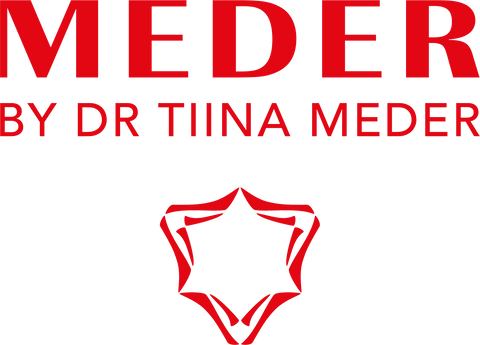Nowadays, people consume plenty of high-glycemic index foods and beverages. These processed foods and beverages raise your blood sugar quickly. All high GI foods rich in carbohydrates, including white bread, cornflakes, puffed rice, potato chips, white potatoes or fries, doughnuts or other pastries, sugary drinks such as milkshakes, and white rice can provoke this body reaction. Acne vulgaris is an almost universal disease, nonetheless, its prevalence has been estimated as 0% in rural Brazil and 100% among children and adolescents in the UK. Apparently, the difference in diet and lifestyle can play a crucial role in acne development, especially amongst young people.
Low Glycaemic Load Diet and Acne
Findings from small studies suggest that following a low-glycemic diet may reduce the amount of acne and help achieve clear skin. Low-glycemic foods include most fresh vegetables, some fresh fruits, beans, and steel-cut oats.
One of the researchers studied 2,258 American patients who were placed on a low-glycemic diet so that they could lose weight. This dietary cure also reduced their existing acne, with 87% of patients saying they had less acne and 91% saying they needed less acne medication.
Potentially, following a low-glycemic diet affects acne breakouts because this diet eliminates spikes in your blood sugar, also known as blood glucose levels. When your blood sugar spikes, it causes inflammation throughout your body. These spikes also cause your body to make more sebum, an oil-production substance in your skin, and correlate with the enlargement of pores and change in sebum oil glands' quality as well as excess sebum production.
All these factors contribute to making acne worse. Recently, a connection was established between gut and skin microbiome, which can explain the worsening of skin conditions in people with severe acne eating high glycemic foods as specific byproducts of gut bacteria overgrowing on carbs are triggering skin issues and future breakouts.
Does Milk Consumption Cause Acne Breakouts?
Cow's milk is a low-glycemic diet beverage. Some studies suggest that drinking this type of milk may be linked to an increase in acne breakouts. In these studies, all types of milk consumption (whole, low-fat, and skim milk) have been linked to acne. Apparently, people drinking 2 or more glasses of cow's milk a day were almost twice as likely to have acne on their skin's surface than others.
Why some dairy consumption may increase or worsen acne is still unclear. One theory is that some of the hormones in milk cause inflammation inside the body, or specific amino acids in cow's milk can lead to an imbalance of the gut microbiome, triggering skin irritation and overgrowth of acne bacteria. However, more research about hormonal changes and immune system effects is needed to know for sure.
The good news is that there is no evidence that yogurt or cheese foods raise causes of acne breakouts and can be a part of your balanced diet. While cow's milk may increase the risk of developing acne, no studies have found that products made from milk, such as yogurt or cheese, lead to more hormonal acne breakouts.
What Vitamins/Supplements Can Help Reduce Acne?











